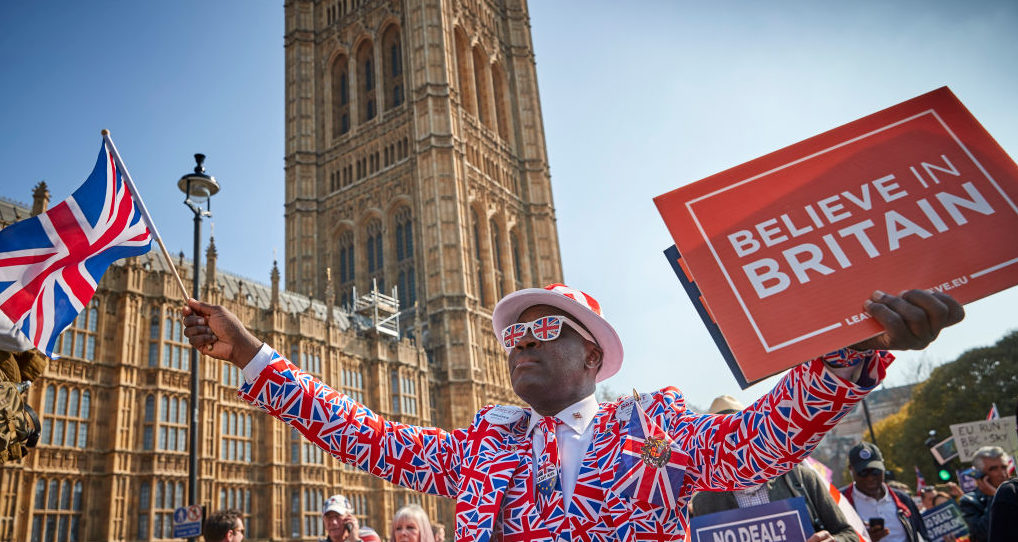For a brief period last year I worked for an asset management company, writing about finance. Compared to the media it was… different.
The most striking thing, apart from the, er, somewhat raised financial expectations, is that it is much more diverse — way, way more diverse. The company was probably no more than a quarter British, and every major European country was represented at some level; it was more Asian and Middle Eastern than journalistic offices and, unlike the media, there were lots of black men working at high-end, very-well paid jobs (most of whom were Igbo or Yoruba).
While almost everyone at the company had supported Remain (there were two Leavers out of a few dozen), it was curious how lacking in animosity any of them were towards Brexit voters. They were international, had friends from all over the world and flew regularly, experiencing a very polyglot existence while simultaneously exposed to a homogenising globalised culture.
But being international, the culture war aspects of the Brexit division were distant to their lives. Brexit would probably be bad for the economy, but it might not be; if it got very choppy, they would move, as they had done several times before. But the idea that Brexit hailed some dark new dawning of intolerance or racism would have just caused a bewildered smile.
It was an introduction into a world I didn’t really know, and to the difference between what a friend calls the ‘international class proper’ and the ‘parochial cosmopolitans’. I had mostly seen internationalism through the eyes of the latter, because socially I came from the same class as them. But now I got to sneak behind the curtain and into the first few rows, just for a brief period.
Our parochial cosmopolitans are a particularly English tribe, found in London and that swathe of Remainia that follows the old kingdom of Wessex along the rich land around the Thames. They are well-educated, broadly well-off and enjoy foreign travel, and especially the cultural enrichment it brings; their homes usually display various hints at global experience and ‘openness’, the most prized high-status quality of our age (and indeed of capitalist societies since 15th century Florence at least).
Parochial cosmopolitans strongly identify with global and international institutions, with cross-border bodies in education, medicine, science and politics, such as the UN and in particular the EU — the 12 golden stars in the window is the ultimate signifier of the parochial cosmopolitan.
It’s parochial because it is part of an internal battle against other, less-enlightened British people. The Remainer identity has developed very quickly since 2016, but it is a particularly British one; it is about the sort of country they want Britain to be, and if it goes wrong, they will stay and, like their opponents, grumble that they want their country back. They identify as liberals wishing to be part of a liberal Europe that is partly imaginary.
Parochial cosmopolitanism drives progressive politics in the Anglophone world, partly because status anxiety causes this class to try to out-international the international class proper, and to differentiate themselves from the rubes below. The truly diverse international class have little interest in radical political causes, which are the obsession mostly of white people in a handful of unusually liberal countries. They are too busy seeing the world, meeting people from different backgrounds, and doing business with them.











Join the discussion
Join like minded readers that support our journalism by becoming a paid subscriber
To join the discussion in the comments, become a paid subscriber.
Join like minded readers that support our journalism, read unlimited articles and enjoy other subscriber-only benefits.
Subscribe